John Quincy Adams (July 11, 1767 – February 23, 1848) was an American statesman, politician, diplomat, lawyer, and diarist who served as the sixth president of the United States, from 1825 to 1829. He previously served as the eighth United States secretary of state from 1817 to 1825. During his long diplomatic and political career, Adams served as an ambassador and also as a member of the United States Congress representing Massachusetts in both chambers. He was the eldest son of John Adams, who served as the second president of the United States from 1797 to 1801, and First Lady Abigail Adams. Initially a Federalist like his father, he won election to the presidency as a member of the Democratic-Republican Party, and later, in the mid-1830s, became affiliated with the Whig Party.
Born in Braintree, Massachusetts, Adams spent much of his youth in Europe, where his father served as a diplomat. After returning to the United States, Adams established a successful legal practice in Boston. In 1794, President George Washington appointed Adams as the U.S. ambassador to the Netherlands, and Adams would serve in high-ranking diplomatic posts until 1801, when Thomas Jefferson took office as president. Federalist leaders in Massachusetts arranged for Adams's election to the United States Senate in 1802, but Adams broke with the Federalist Party over foreign policy and was denied re-election. In 1809, President James Madison, a member of the Democratic-Republican Party, appointed Adams as the U.S. ambassador to Russia. Multilingual, Adams held diplomatic posts for the duration of Madison's presidency, and he served as part of the American delegation that negotiated an end to the War of 1812. In 1817, President James Monroe selected Adams as his secretary of state. In that role, Adams negotiated the Adams–Onís Treaty, which provided for the American acquisition of Florida. He also helped formulate the Monroe Doctrine, which became a key tenet of U.S. foreign policy. In 1818, Adams was elected a member of the American Philosophical Society in Philadelphia.
Inauguration
Adams was inaugurated on March 4, 1825, becoming the first son of a former United States president to himself become president, a feat only repeated 176 years later by George W. Bush, son of George H. W. Bush. As Adams took the oath of office, he departed from tradition by placing his hand on a book of constitutional law instead of on a Bible. In his inaugural address, he adopted a post-partisan tone, promising to avoid party-building and politically motivated appointments. He also proposed an elaborate program of "internal improvements": roads, ports, and canals. Though some were worried about the constitutionality of such federal projects, Adams argued that the General Welfare Clause provided for broad constitutional authority. He promised that he would ask Congress to authorize many such projects.
Personal life
Adams and Louisa had three sons and a daughter. Their daughter, Louisa, was born in 1811 but died in 1812. They named their first son George Washington Adams (1801–1829) after the first president. This decision upset Adams's mother, and, by her account, his father as well. Both George and their second son, John (1803–1834), led troubled lives and died in early adulthood. George, who had long suffered from alcoholism, died in 1829 after going overboard on a steamboat; it is not clear whether he fell or purposely jumped from the boat. John, who ran an unprofitable flour and grist mill owned by his father, died of an unknown illness in 1834. Adams's youngest son, Charles Francis Adams Sr., was an important leader of the "Conscience Whigs", a Northern, anti-slavery faction of the Whig Party. Charles served as the Free Soil Party's vice presidential candidate in the 1848 presidential election and later became a prominent member of the Republican Party, serving as United States Minister to England during the American Civil War.
If you want to read a lot more, go here: https://en.wikipedia.org/wiki/John_Quincy_Adams
- SERVES
- 4
- COOK TIME
- 30 Min
March is Frozen Food Month. Yes, an entire month dedicated to all the tasty, time-saving and money-saving items that fill our freezers. So whether it’s rise & shine items that we serve for breakfast, prepped and ready veggies, or a ready-in-no-time main dish, there’s no better time to stock your freezer than this month. To celebrate, we suggest you try this warm-you-up favorite that’s easy and the taste is absolutely soup-er!
- 6 cups chicken broth
- 2 cups frozen fully-cooed turkey or beef meatballs, cut in half
- 1 cup frozen diced peppers and onions
- 3/4 cup frozen chopped spinach
- 1 teaspoon garlic powder
- 3/4 teaspoon salt
- 1/4 teaspoon black pepper
- 1 1/2 cooked rice (see Tip)
- Shredded Parmesan cheese for sprinkling
- In a soup pot, combine chicken broth, meatballs, peppers, and onions, spinach, garlic powder, salt, and pepper; bring to a boil over high heat. Reduce heat to low and simmer for 15 minutes.
- In a soup pot, combine chicken broth, meatballs, peppers, and onions, spinach, garlic powder, salt, and pepper; bring to a boil over high heat. Reduce heat to low and simmer for 15 minutes.
****Did you know you can even find cooked white rice in your grocery store’s freezer case that will help make this recipe even easier to throw together? To make this a family favorite, just switch up your favorite frozen vegetables and serve with baked up hot, crusty rolls from the freezer case.




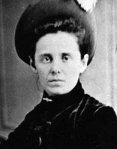


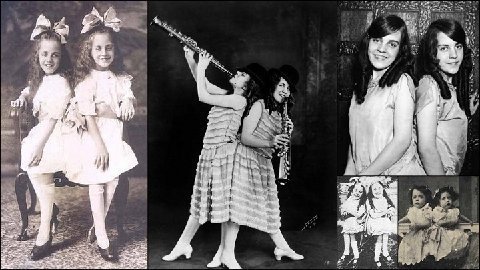
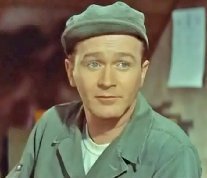
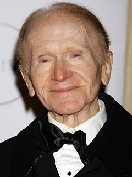
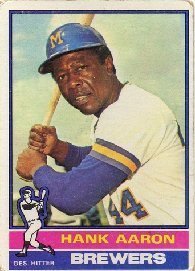
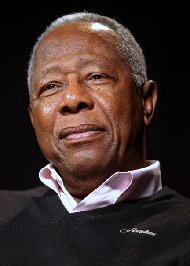
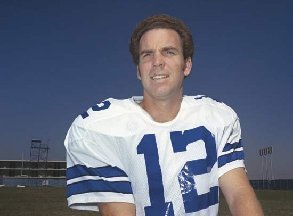





2 comments:
Congratulations to Sami! A future Olympian for sure! :)
XO Trisha
Go Sami!
Defrosting Irish Stew for dinner.
Post a Comment